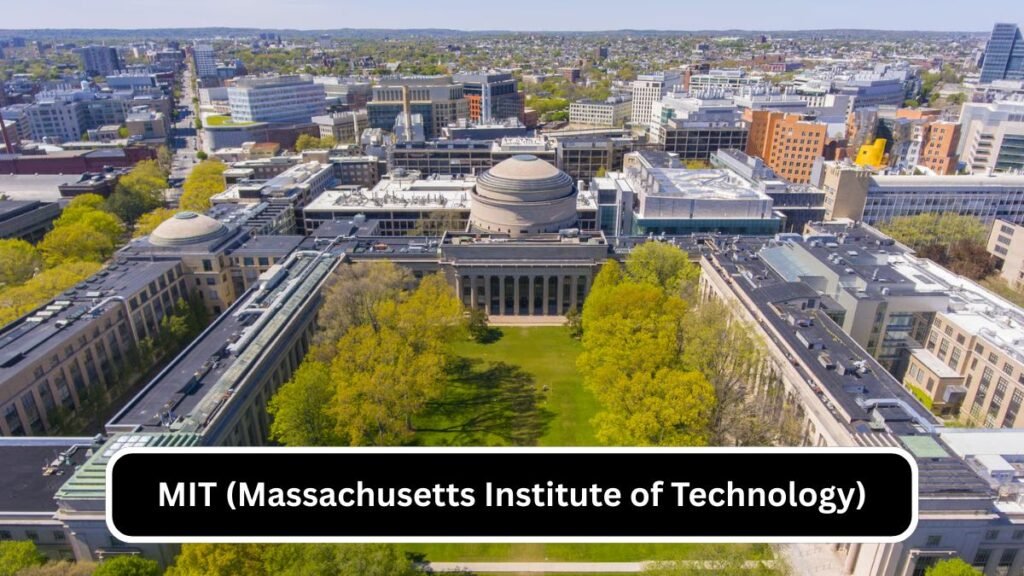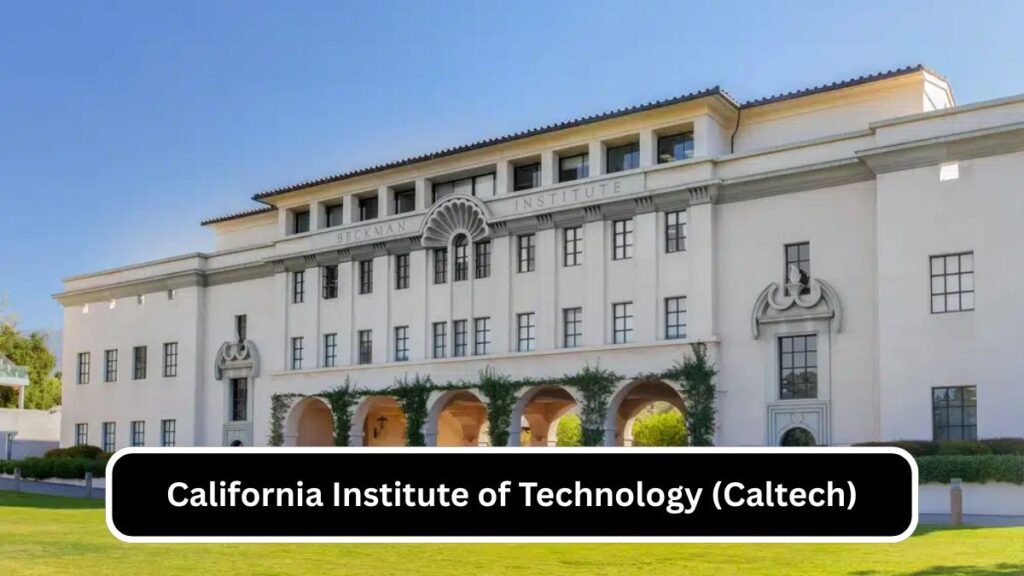Choosing a good college is one of the biggest decisions for students who want to study chemical engineering. Chemical engineering is not just about working in labs—it’s also about creating solutions that help save energy, protect the environment, and build a cleaner world. In the U.S., many top universities offer excellent programs in chemical engineering that help students prepare for future careers in clean energy, biotechnology, and more.
Let’s explore some of the best U.S. universities for chemical engineering and why they are leading the way in building a better future.
MIT (Massachusetts Institute of Technology)

MIT is one of the best universities in the world for chemical engineering. The program teaches students how to solve real-world problems using chemistry, math, and physics. MIT focuses a lot on clean energy, including solar power and battery storage. It also has many labs where students can work on cutting-edge projects and research.
Why choose MIT?
- Strong focus on innovation and research
- Top labs for energy and environmental studies
- Access to global internships and industry leaders
Stanford University
Located in California, Stanford is well known for its science and technology programs. Its chemical engineering department focuses on clean technology, environmental protection, and sustainability. Students get to work closely with professors on exciting research projects.
Why choose Stanford?
- Beautiful campus near Silicon Valley
- Opportunities to work on green energy projects
- Excellent connections to startups and research labs
University of California, Berkeley

UC Berkeley has one of the top-ranked chemical engineering programs in the world. The school emphasizes solving global energy problems and offers a wide range of courses related to climate change and renewable energy.
Why choose UC Berkeley?
- Strong energy and environment research
- Courses on climate change and sustainability
- Close links to top clean energy companies
| University Name | Location | Focus Areas | Why It Stands Out |
|---|---|---|---|
| Massachusetts Institute of Technology (MIT) | Cambridge, Massachusetts | Clean energy, battery tech, environmental solutions | World-class labs, top-ranked globally, deep industry connections |
| Stanford University | Stanford, California | Green tech, sustainability, climate innovation | Close to Silicon Valley, hands-on projects, strong startup ecosystem |
| University of California, Berkeley | Berkeley, California | Renewable energy, climate change, sustainable processes | Renowned faculty, active research in energy policy and green chemistry |
| California Institute of Technology (Caltech) | Pasadena, California | Clean fuels, air quality, environmental health | Small class sizes, strong research funding, high student-professor interaction |
| University of Texas at Austin | Austin, Texas | Carbon capture, water treatment, energy transition | Affordable education, strong public research, industry partnerships |
| University of Michigan – Ann Arbor | Ann Arbor, Michigan | Environmental engineering, fuel cells, nanotechnology | Well-rounded program, vast alumni network, sustainability-driven curriculum |
| Georgia Institute of Technology | Atlanta, Georgia | Biofuels, process engineering, environmental systems | Research-heavy, top public tech school, strong job placement in green industries |
| Carnegie Mellon University | Pittsburgh, Pennsylvania | Clean manufacturing, chemical systems design, smart materials | Tech-driven curriculum, sustainability innovation hub, interdisciplinary projects |
California Institute of Technology (Caltech)

Though it’s a smaller school, Caltech is highly respected in science and engineering. Its chemical engineering program is focused on clean fuels, air quality, and environmental health. Students benefit from small class sizes and hands-on lab work.
Why choose Caltech?
- Focused education in small groups
- Leading research in clean fuels and green chemistry
- Great student support and mentorship
University of Texas at Austin
The chemical engineering department at UT Austin is known for its research in carbon capture, renewable fuels, and water treatment. It is one of the top public universities offering high-quality education at an affordable price.
Why choose UT Austin?
- Strong public research university
- Special focus on energy and sustainability
- Many scholarships and support programs
If you want to become a chemical engineer and help build a cleaner and safer future, these U.S. universities are great places to start. They offer strong programs that teach both theory and hands-on skills. Students can work on exciting projects related to clean energy, sustainable technologies, and solving global problems. Choosing the right university is the first step toward making a big difference in the world through science.
What are the top American colleges for chemical engineering focused on clean energy?
Top colleges include MIT, Stanford, UC Berkeley, Caltech, UT Austin, University of Michigan, Georgia Tech, and Carnegie Mellon. These schools offer strong programs that focus on sustainability, renewable energy, and environmental innovation.
What should I look for in a good chemical engineering program?
Look for programs that offer hands-on lab work, access to energy and sustainability research, internships, industry partnerships, and courses focused on green technology.
Do chemical engineering programs include clean energy topics?
Yes, many leading programs include topics such as renewable fuels, carbon capture, battery technologies, water purification, and sustainable chemical processes.
Are there scholarships available for chemical engineering students?
Yes, many universities offer merit-based and need-based scholarships specifically for engineering students, including those focused on sustainability and clean energy fields.
What careers can I pursue with a chemical engineering degree focused on clean energy?
Graduates can work in clean energy companies, environmental agencies, biotech firms, oil and gas transformation, sustainability consulting, and research institutions.




